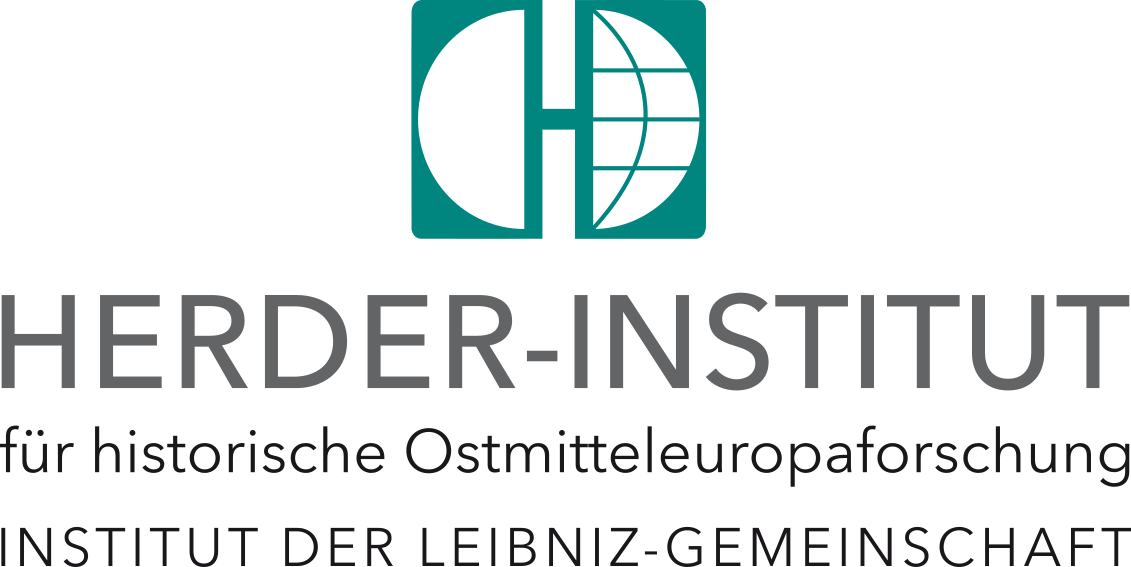Daten-Drama & Glücksrad-Gaudi: 4Memory-FDM-Märchenrätsel Edition.
Tauche ein in eine Welt voller Datenzauber und Rätsel. Erfahre live beim Dreh am Glücksrad, wer die glücklichen Gewinner:innen der Data Literacy Umfrage sind, während wir zur Abwechslung gemeinsam spannende FDM-Märchenrätsel von TKFDM lösen.
Glücksrad-Gaudi: die Gewinner:innen unserer Data Literacy-Umfrage durch Dreh am Glücksrad ermitteln
FDM-Märchenrätsel: Gemeinsam FDM-Scarytale-Rätsel lösen
Spiel & Spaß: Rate mit und erfahre auf unterhaltsame Weise mehr über die Tücken des Forschungsdatenmanagements und wie man sie vermeiden kann
Gewinne: unter den Teilnehmenden verlosen wir ein weiteres 4Memory-Paket
Wann: 12.12.2023, 16:00-17:00
Wo: Online, https://www.4memory.uni-trier.de/anmeldung-daten-drama-glucksrad-gaudi-4memory-fdm-marchenratsel-editionanmeldung/
Die Teilnahme ist kostenlos und für alle, die Spaß an Rätseln und eine entspannte Atmosphäre haben.
Die Veranstaltung soll aufgezeichnet werden. Die Version der Veröffentlichung wird ausschließlich die Moderator*innen zeigen









































